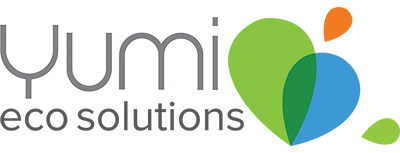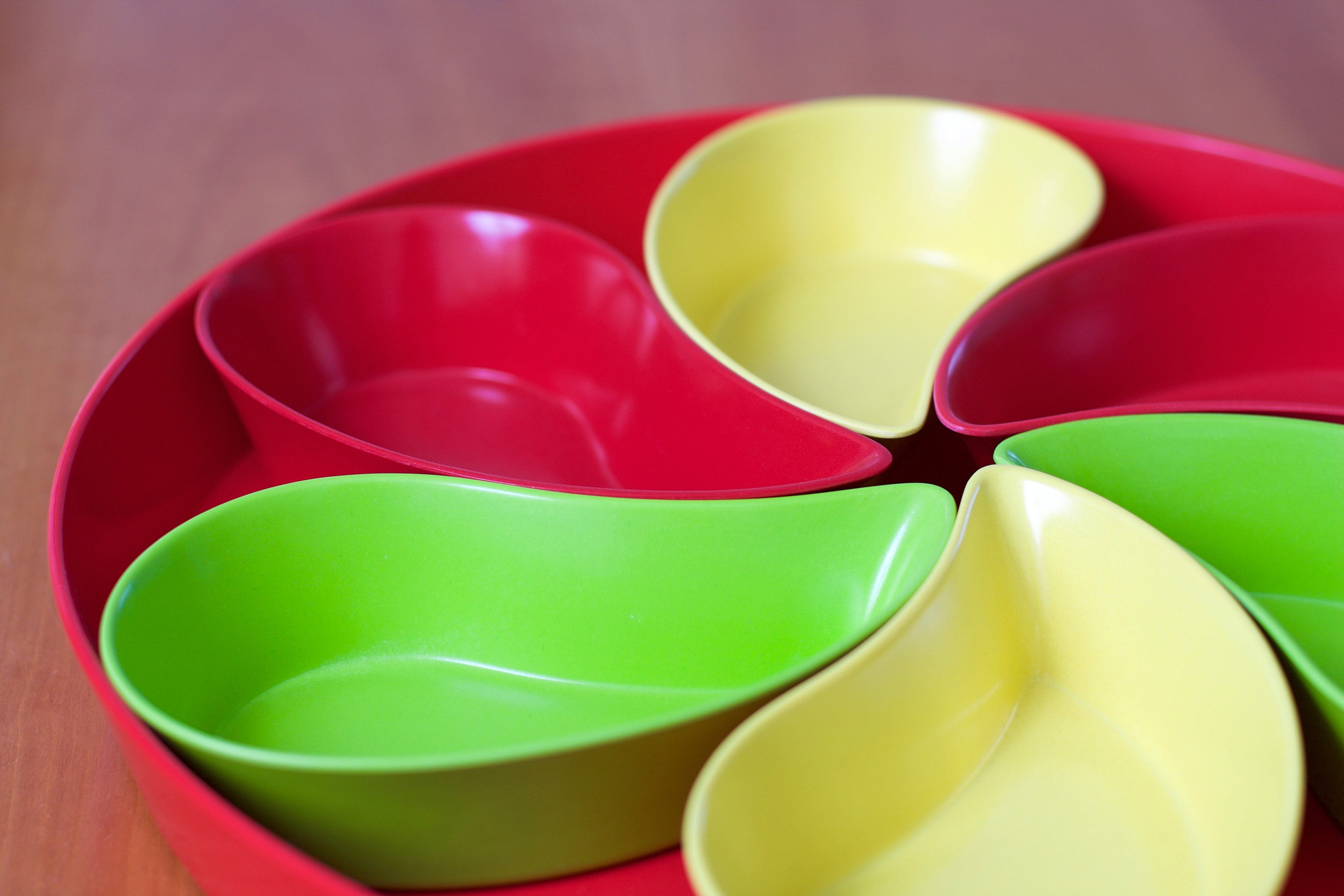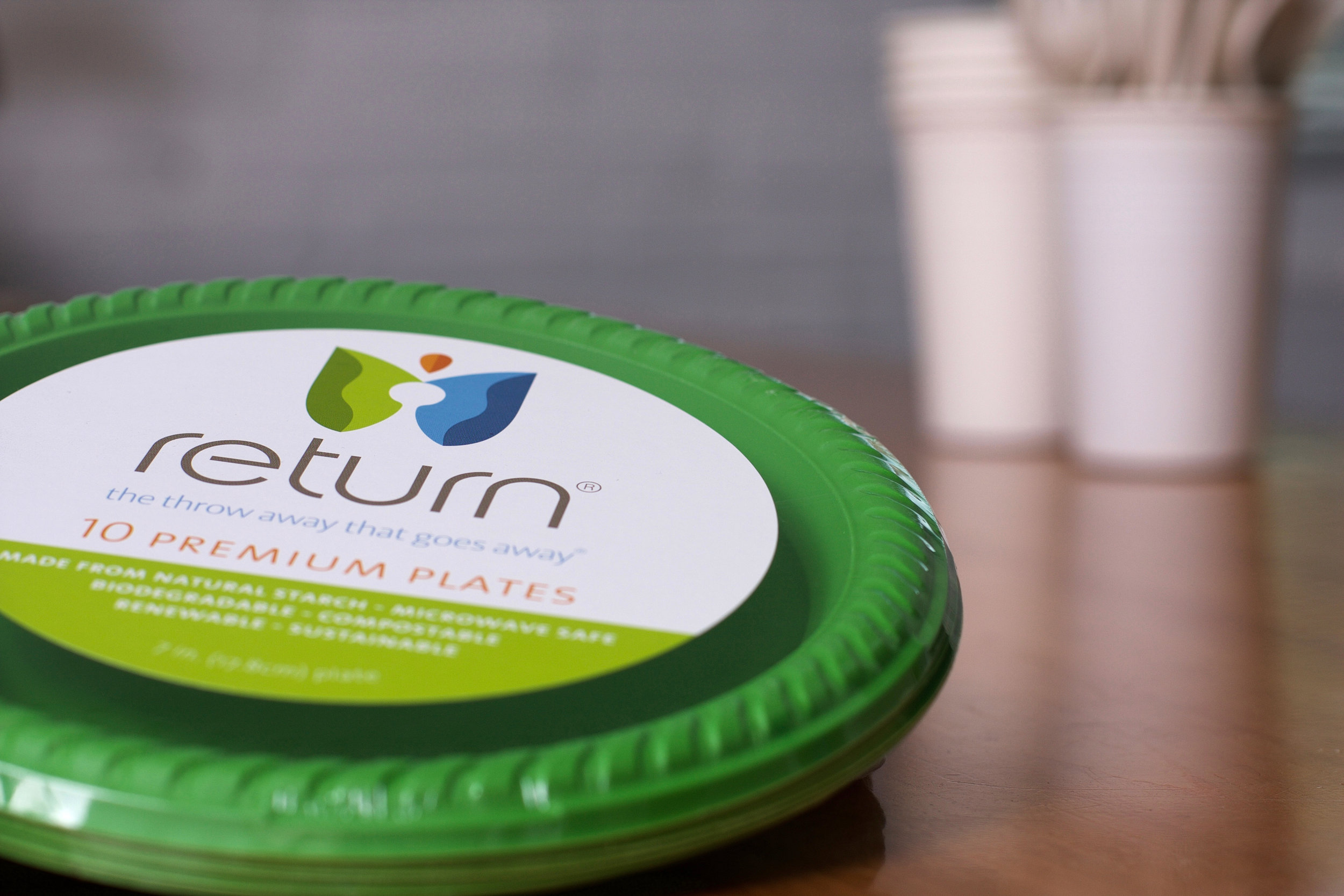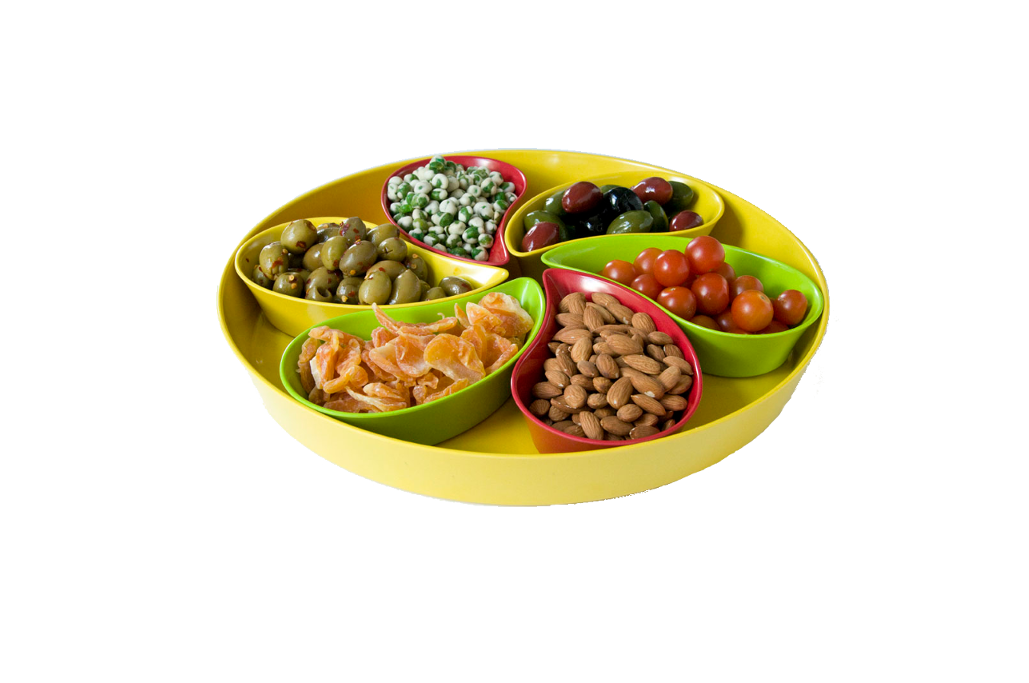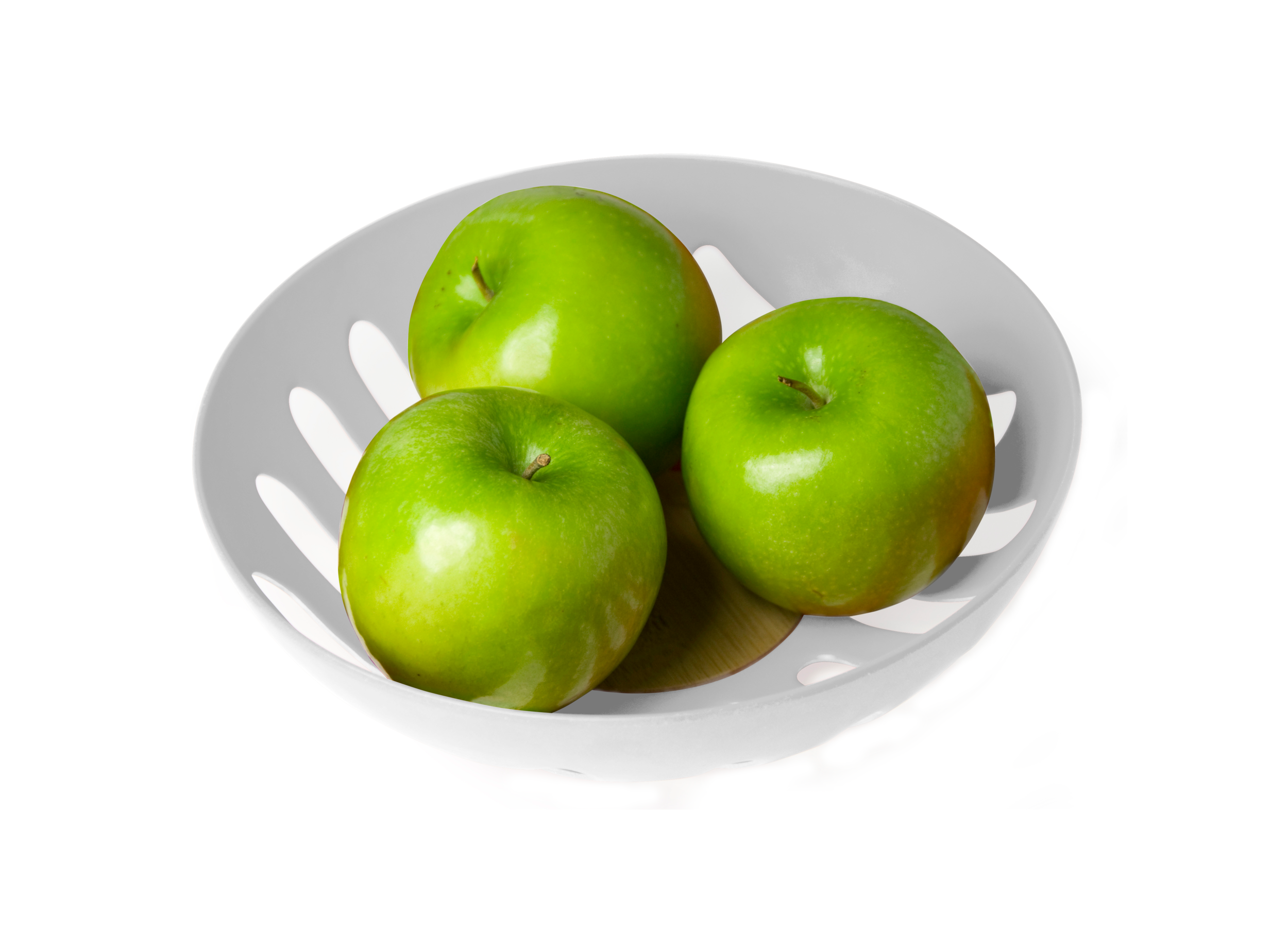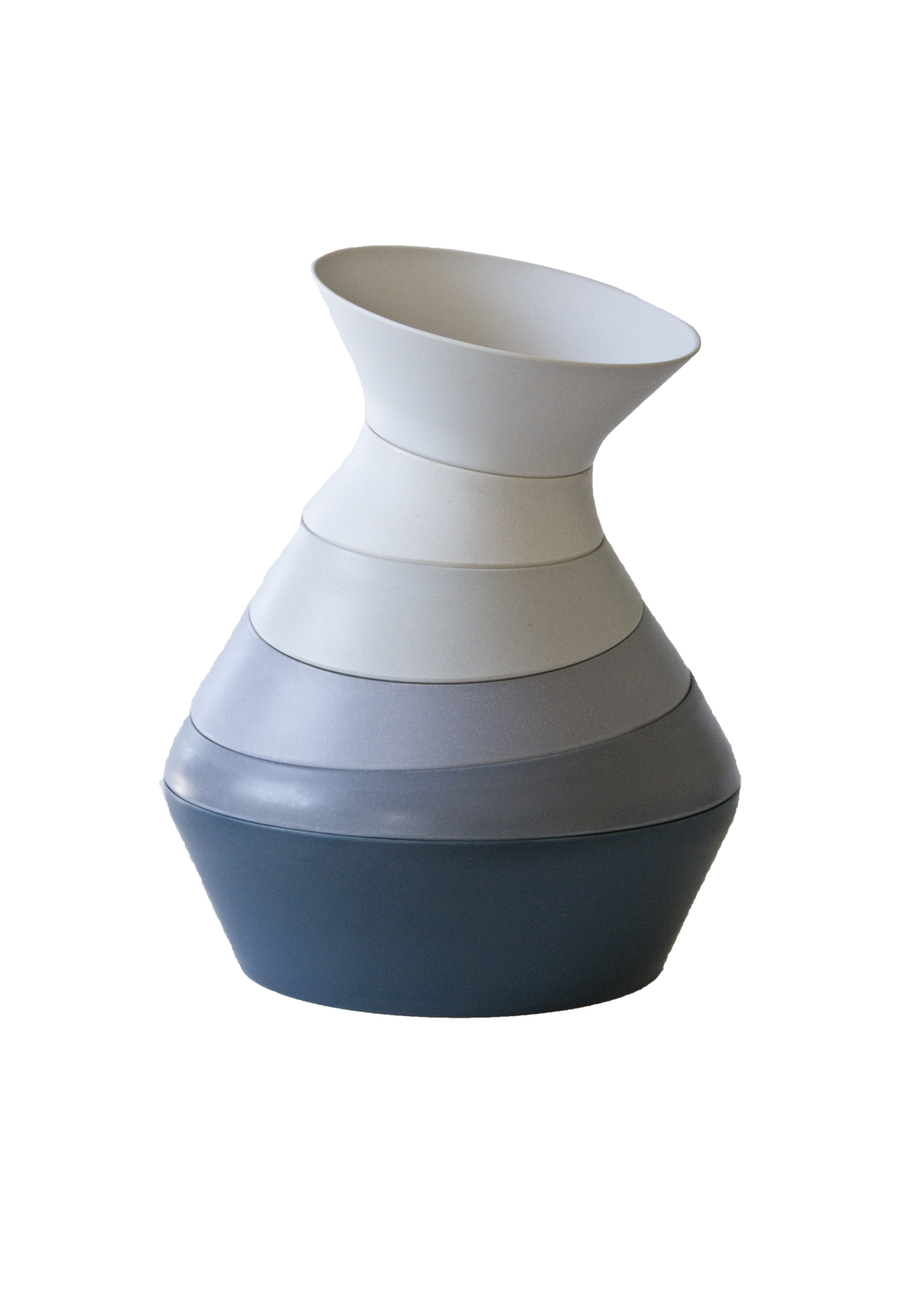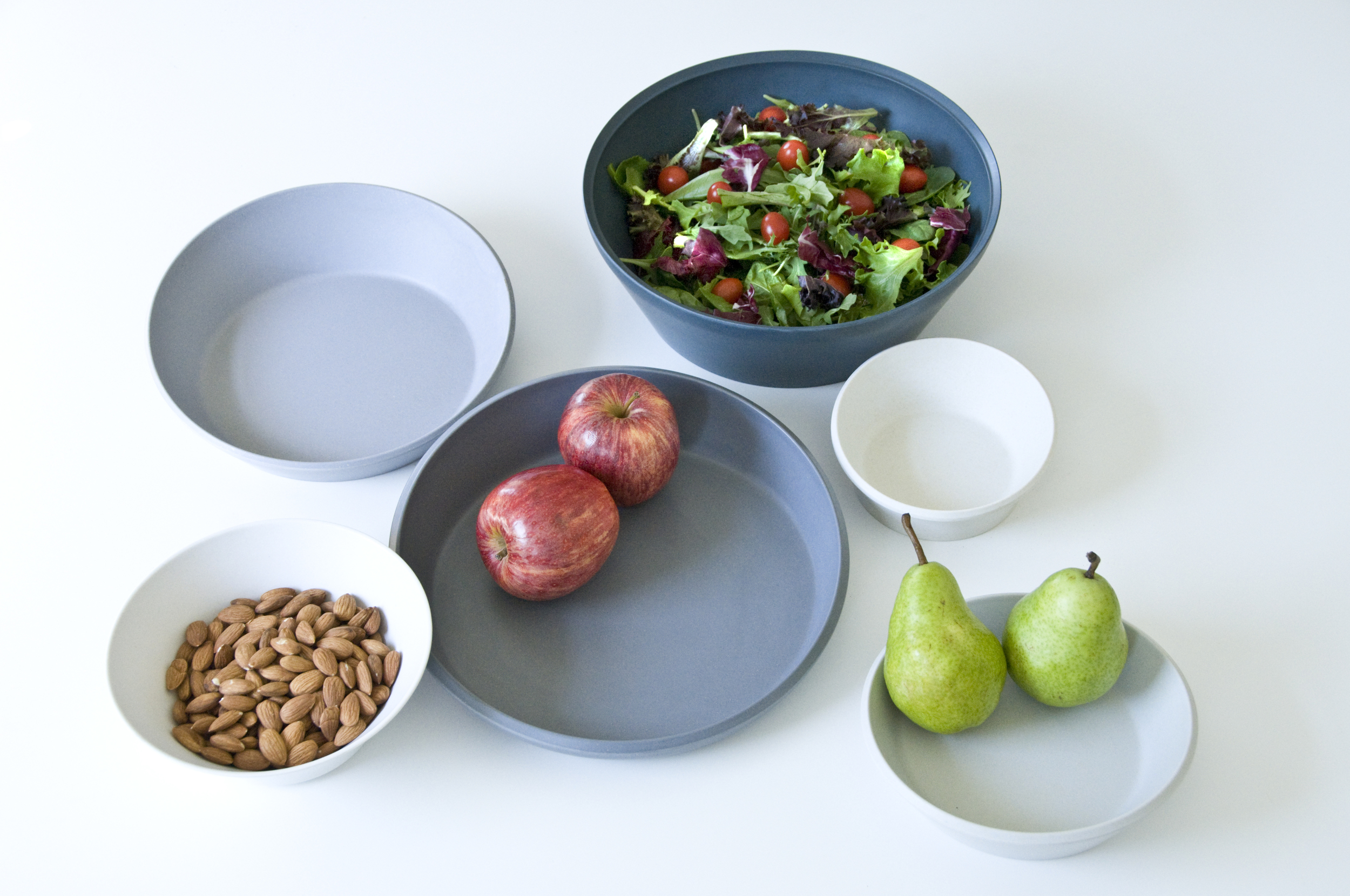The following article originally appears on Forbes.
Airbnb Co-founder and CEO Brian Chesky framed the essence of entrepreneurship when he said, "Everyone's got a moment or two in their life where something happens and you make a decision and then your entire life changes."
This moment often elevates someone to create new value for business, the economy and society, and eventually for themself. After interviewing 750 CEOs, here are five of America’s great entrepreneurs — across a broad spectrum — who you probably haven’t heard of … yet.
Jim Barnett, Co-founder and CEO, Glint, the pioneer in using real-time AI for CEOs and CHROs to measure and build happiness and success in a company.
Drew French, Founder and President, Your Pie, the world’s originator of the fast casual, brick oven, customized personal pizza category with 51 locations.
Farrah Nickerson, Founder and President, JoJo’s Hedgies. A 16 year who created a company based on her love of animals, that’s beating competition while she’s still a full-time student.
Virginia P’an, Founder and CEO, Yumi Eco Solutions, the pioneers in removing plastics from the environment by creating biodegradable dinnerware and toys using bamboo and starches.
Dana Spinola, Founder and CEO of fab’rik, a women’s boutique retailer offering on-trend styles with most items under $100 which has grown to 42 stores and has a nonforprofit arm free fab’rik.
Robert Reiss: Describe your breakthrough and what you hope to accomplish.
Dana Spinola: I hope to create a household brand known first for our heart and second for our product. My breakthrough was on a bus on a mission trip in Africa. I had taken the fab’rik team, and it was incredible throwing us into an environment with no electricity, makeup, skinny jeans or heels. Watching the impact the mission trip had on our team pushed me to think, “how can fab’rik serve the world in a bigger way?” When I got back home, I changed our mission statement to “High Style with Heart,” and it totally changed the direction of our company. While we still value profitability, we prioritize people and our team serving our communities.
Drew French: As a 23-year-old entrepreneur when I started Your Pie, my energy and genuine love of creating something people enjoyed was the catalyst for our contagious growth. I believe my breakthrough came when I realized we could scale our franchise while still maintaining its unique, local personality. The key to our success has been smart, sustainable growth and a genuine interest in investing in and improving our communities. I hope to continue building a wildly successful national brand, one that is revered not only for its authentic, delicious food, but for being an important part of the fabric of each community we serve.
Jim Barnett: I founded Glint to help people be happier and more successful at work. Our breakthrough came when I witnessed, for the first time, how our software enables organizations to help their people love their jobs, while also helping influence the organization’s business outcomes. It’s exhilarating when companies experience how powerful visibility and insight can be in improving company culture and driving business results.
This “aha” moment came when I saw that Glint was actually connecting the dots and helping companies take action. Our customers use our platform to identify the relationships between employee engagement and critical metrics, like customer satisfaction, operational efficiency, safety, and financial outcomes. They’re using this data to be more predictive, to make quicker, more informed decisions, and to become more agile organizations. Meanwhile, their employees feel more empowered, better resourced, and more committed to the company. As Glint continues to grow, I’m excited to continuously work towards a world where people love their jobs.
Virginia P’an: Yumi EcoSolutions is on the front lines of defense in the battle to prevent plastic waste ending up in oceans and landfill. What in your life is made from plastic? – toys, storage containers, packaging, etc. Experts say up to half of the new plastics made is just for a single use, and then will be around for 1,000 years. The average American throws away 185 pounds of plastics annually.
Our first breakthrough was achieving strong consumer acceptance of Yumi's natural bio-based products we created believing the market was ready for change. Our proprietary patent pending bio-material will replace plastic in Keurig K-cups and also be used in many other applications. In just the food industry ... for meat, produce, dairy, soup, cookies, etc. The list is endless.
Another breakthrough is the partnership we formed with our principal supplier to co-invest in an applied research laboratory to commercialize new bio-based replacements for plastic; a research facility we will build up and then become the “Bell Labs” of Bio Materials. This will spread the footprint of eco-friendly replacements for plastics to large mainstream applications and reduce the amount of oil consumption and plastic waste pollution.
Yumi is more than just a business, but an important social enterprises that serves people and our planet. We need strong industry leaders and partners who will help to end the dominance of petroleum based plastics.
Farrah Nickerson: I have a love for animals and wanted to make it a business. At 13 I bought my first hedgehog, at 14 I started breeding them and at 15 I started JoJo’s Hedgies. The hedgehog breeding community is very tight knit and conservative. Most breeders have been breeding for over 15 years. My website, monthly newsletter, social media and mostly my passion for exceptional service has helped sell hundreds of hedgehogs. Now I hardly have babies available for sale since they sell out quickly and I’m producing quality hedgehogs that almost every breeder wants. Handling fulfillment, marketing, operations and paperwork for USDA inspections keeps me busy because at 16 my real work is being a fulltime high school student. What I hope to accomplish is providing each and every one of my current and future customers happy, healthy hedgehogs. Also hopefully after I graduate college I will be fortunate enough to either have my own vet practice or be a major CEO.
Reiss: What advice do you have for entrepreneurs?
Barnett: Place the highest emphasis on your people. It’s a notion we as leaders need to commit ourselves to over and over again. Organizations often talk about “putting their people first,” but, more often than not, their words speak louder than their actions—despite best intentions. When building a business, create an environment where your people have a voice and leaders can effectively respond. Start by investing in employee development early. Begin with a simple, “brown-bag” sessions on how to run meetings or how to set goals. At the end of the day, your business is only as great as the people who embody your mission and who go above and beyond to see the company succeed. Invest wisely.
P’an: Entrepreneurs need to be committed and follow their passion, work hard, intelligently and creatively, persevere in the face of challenges, accept and learn from failures, celebrate the wins and ride out the lows.
French: I believe great entrepreneurial success comes from being true to yourself, but surrounding yourself with a leadership team that rounds out your expertise. I am a dreamer. My creative ideas and passion for our brand must be supported by robust business practices. As an entrepreneur and company leader, it is important to show a strong work ethic while maintaining positive outlook and welcoming attitude in everything you do. Personally, I have found that my creative juices flow and I’m more apt to come up with new and innovative ideas when my mind is focused on what is going right instead of mired in the inevitable challenges every business owner faces. Being intentionally positive as a leader serves as great inspiration to our team and allows for an environment of collaboration, active participation and problem solving.
Nickerson: In whatever business you are in you just have to remember age is just a number. Just because you are younger or older then your customers/employees/competitors doesn’t mean you can’t do as well or better then them. I’ve learned the hard way that you can’t please everyone and that not everyone can be your friend. At the end of the day business is business and it should be kept that way.
Spinola: Take care of yourself. By nature, your entrepreneurial spirit will keep you up at night thinking about the next big idea and all the ways to elevate your business. You want to do it all, and you can—in short bursts—but you do need time to recharge. Trust me, you cannot serve your business well if you’re running on empty. The best thing you can do for your business is invest in yourself first so that you can then invest in your people. Give them a chance to step up and shine...they will blow you away, and you will feel free to look up from the details and once again see the vision of your original intention.
… In summary, just as we can learn from well-known entrepreneurs of our time like Brian Chesky, there are game-changing lessons from the above five great entrepreneurs. And next time you meet an entrepreneur, just ask them about their moment of inspiration and their advice to build a great company.
